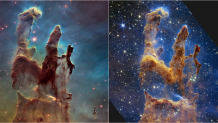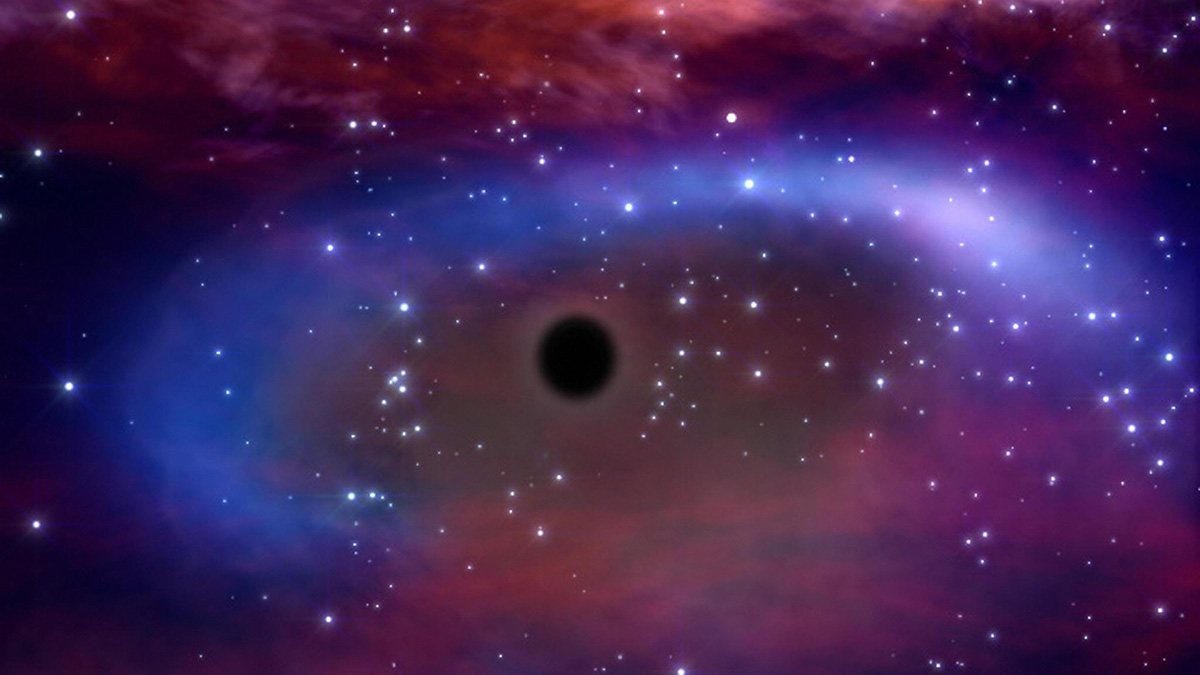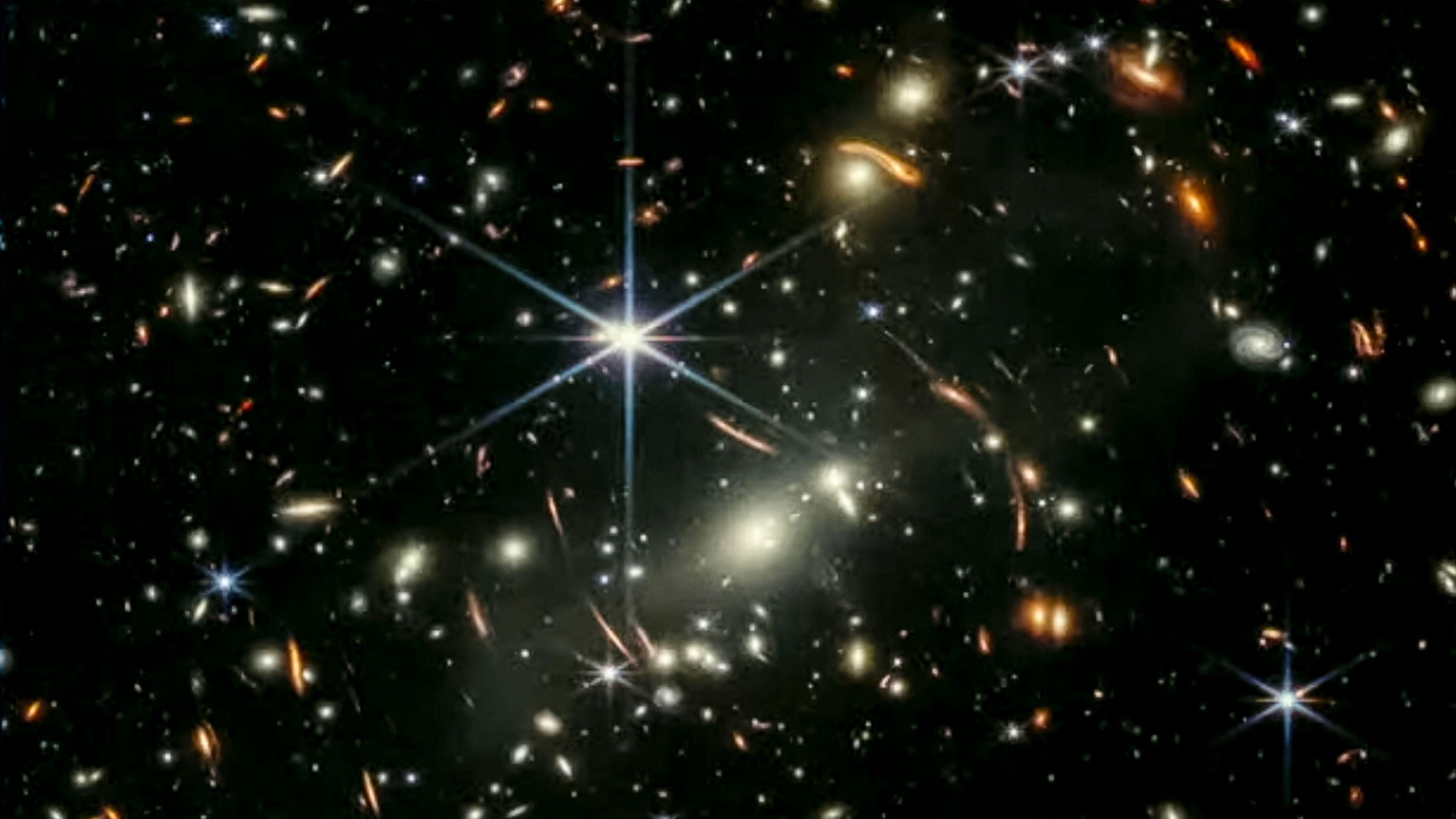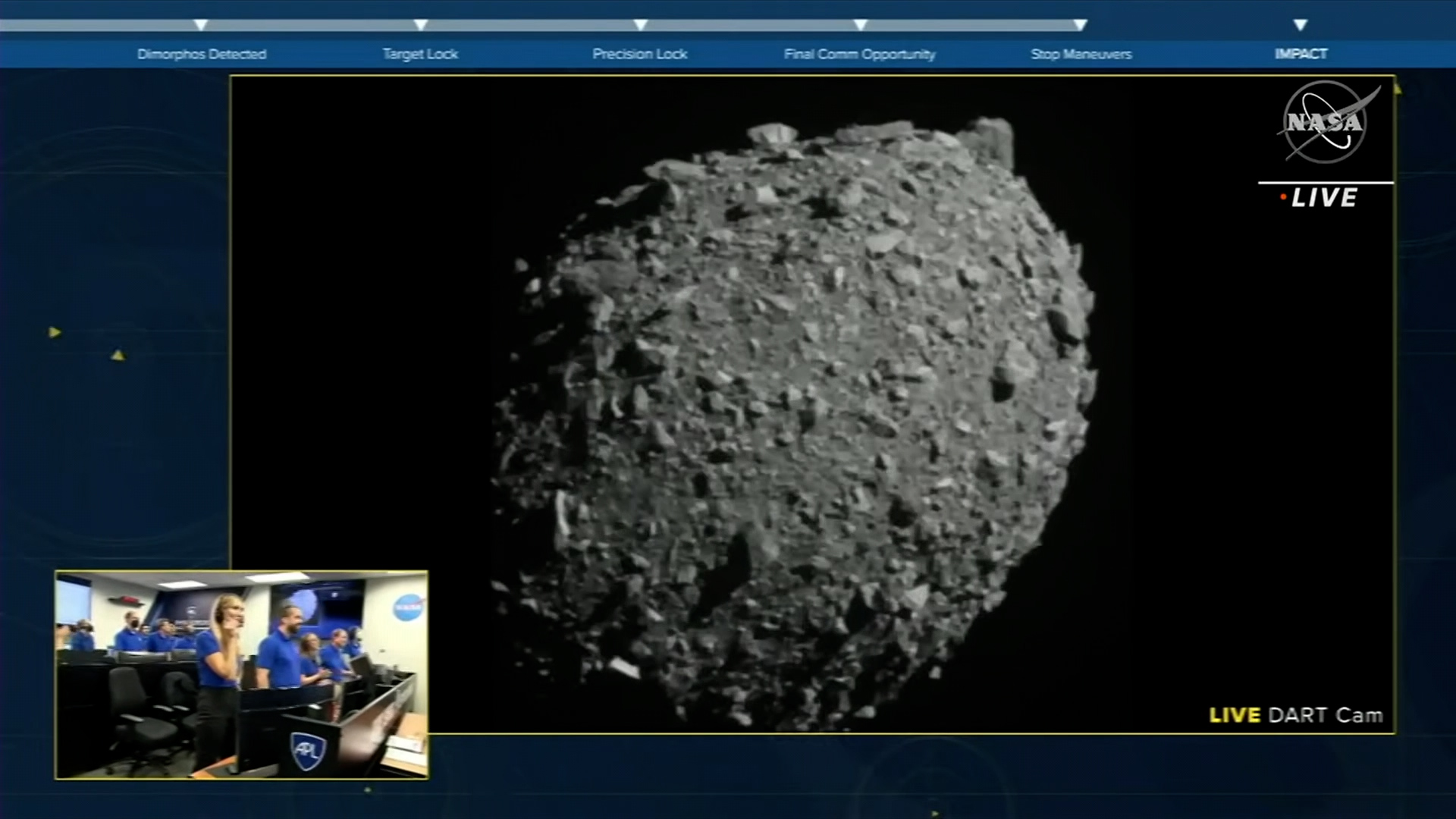NASA's James Webb Telescope continues to fascinate us.
The telescope has captured an extraordinary and highly-detailed view of the iconic cosmic landscape Pillars of Creation.
The image released on Wednesday revealed newly formed stars and pillars of gas and dust that look like rock formations. The portrait is the latest from the Webb observatory, building on the telescope's already impressive collection.
Get Tri-state area news delivered to your inbox.> Sign up for NBC New York's News Headlines newsletter.
The Pillars of Creation lie within the Eagle Nebula, located around 6,500 light-years away from Earth. They were first made famous when captured by NASA's Hubble Space Telescope in 1995 and again in 2014.

As opposed to previous images captured, the near-infrared camera of the Webb Telescope allows for a more precise view of the Pillars of Creation, revealing more of the region's newly formed stars.
In a news release, astronomers stated that the telescope's observation would allow for a better understanding of how the stars form and emerge from clouds of interstellar gas.
"Webb’s new view of the Pillars of Creation, which were first made famous when imaged by NASA’s Hubble Space Telescope in 1995, will help researchers revamp their models of star formation by identifying far more precise counts of newly formed stars, along with the quantities of gas and dust in the region," the NASA astronomers said.
Estimated to be only a few hundred years old, the young stars are the bright red orbs in the image. They form within clouds of gas and dust as clumps of mass collapse under their own gravity and slowly heat up.
David Grinspoon, an astrobiologist at the Planetary Science Institute, called the new Webb image “just spectacular beyond words.”
“Oh. My. Universe,” he tweeted.
The $10 billion infrared observatory launched into space last year in December. The first collection of images was released in July, which became the farthest that humanity had ever seen in both time and distance, according to the Associated Press.




